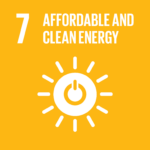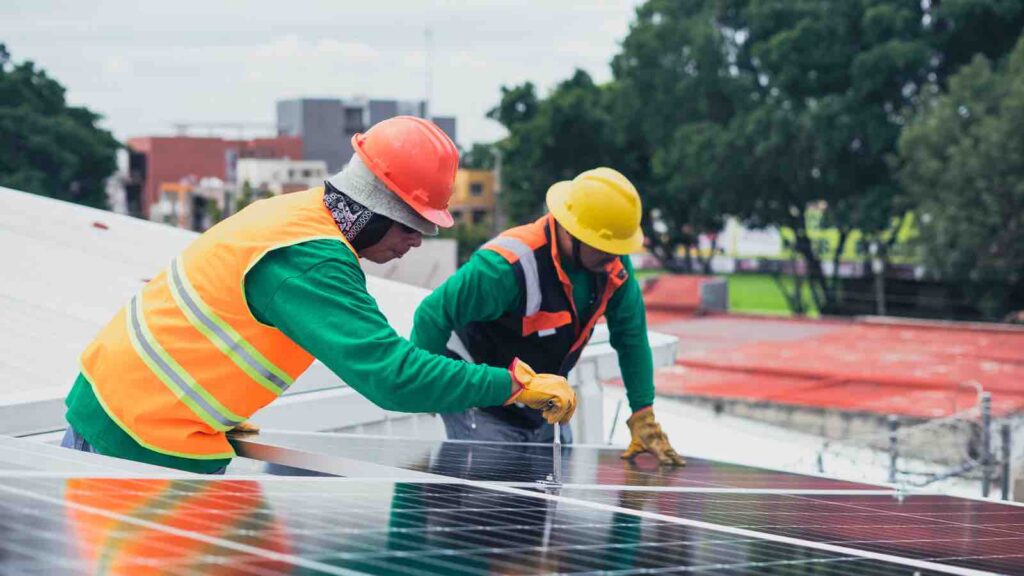Decree No. 80/2024/ND-CP, issued on July 3, 2024 ntroduces two primary forms of direct energy purchase: through dedicated connection lines and via the national power grid. This dual approach aims to provide flexibility for businesses while promoting the growth of renewable energy infrastructure.
In a bold move to accelerate its transition to renewable energy, Vietnam has introduced a groundbreaking policy that allows direct power purchase agreements between green energy producers and large consumers. Decree No. 80/2024/ND-CP, issued on July 3, 2024, marks a significant shift in the country’s energy landscape, challenging the monopoly of state-owned Vietnam Electricity (EVN) and paving the way for a more competitive, sustainable power market.
RELEVANT SUSTAINABLE GOALS



Decree No. 80/2024/ND-CP
The decree introduces two primary forms of direct energy purchase: through dedicated connection lines and via the national power grid. This dual approach aims to provide flexibility for businesses while promoting the growth of renewable energy infrastructure.
Under the new policy, renewable energy generators can sell electricity directly to large consumers through private transmission lines or participate in the spot electricity market. The Ministry of Industry and Trade will oversee the implementation of this mechanism, which is expected to attract private sector investment and help Vietnam achieve its ambitious goal of net-zero emissions by 2050.
For businesses, the decree presents numerous opportunities. Companies can now enhance their corporate social responsibility profiles, manage energy costs more effectively, and gain a competitive edge in an increasingly environmentally conscious market. The policy also opens doors for investment in renewable energy infrastructure, energy storage solutions, and green technology innovation.
However, the transition to this new energy paradigm is not without challenges. Companies will need to navigate complex agreements and may require specialized financial and legal advisory services. Additionally, the success of this policy will depend on the government’s ability to balance the interests of state-owned utilities with those of private sector participants.
The implementation of Decree 80 represents a critical juncture in Vietnam’s energy policy. Its success could accelerate the country’s renewable energy adoption, attract foreign investment, and position Vietnam as a leader in Southeast Asia’s green energy transition. As the policy unfolds, its impact on Vietnam’s energy sector and broader economy will be closely monitored by policymakers, investors, and environmental advocates alike.
You may also be interested in :
Malaysia Needs Unified Law To Achieve Electric Vehicle Ambitions


